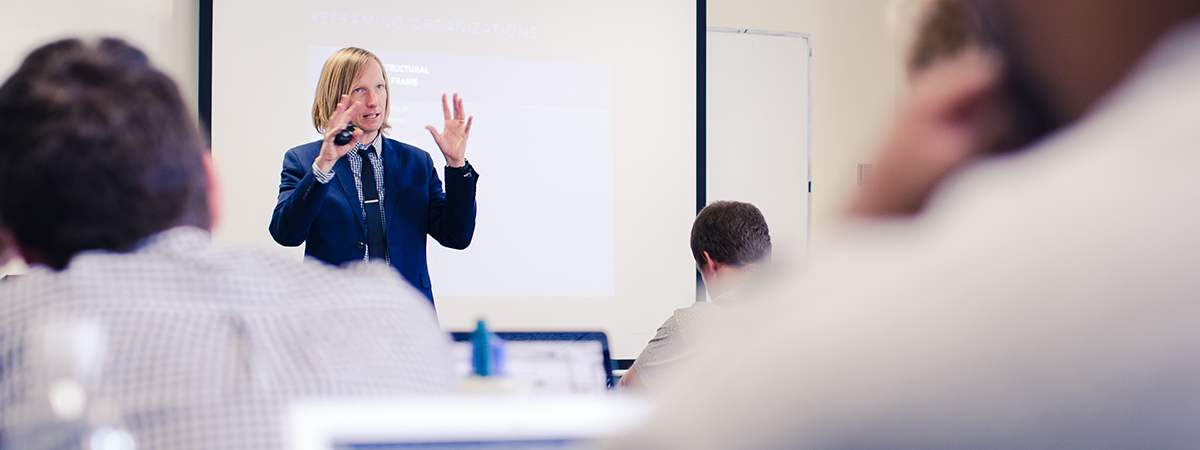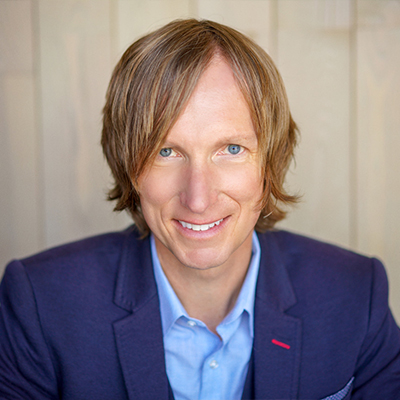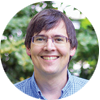
Youth, Family, and Culture Cohort
Final Extended Application Deadline: May 12, 2023
Starting June 2023 (Summer)
Please contact the DMin Office for information regarding Article required for the Application Writing Sample.
The cohort is open to welcoming students mid-stream into the second year of the cohort. Accepted applicants will join years 2 and 3 of the current cohort and join year 1 of the following iteration.
Overview
The Doctor of Ministry degree in Youth, Family, and Culture offers doctoral-level training and exposure with an emphasis on theological discovery, social science competency, and missional imagination. With this cohort, you will be led into the most current and crucial topics surrounding youth, their communities, and their contexts.
If you desire to advocate for adolescents and emerging adults through your role in youth ministry, pastoral ministry, family ministry, parachurch ministry, camping ministry, educational contexts, or campus ministry, this cohort is designed with you in mind. Together, let’s reimagine how we serve the next generation.
– Steve Argue, PhD

DMin Outcomes
Fuller's Youth, Family, and Culture DMin Cohort is a learning community of ministry leaders who desire to integrate their ministry experiences with the most current research about the most pressing topics surrounding young people.
By the end of the DMin program, every student will accomplish the following outcomes:
- Write three publishable articles [1 per year].
- Teach/train on the most current topics surrounding youth, family, and culture.
- Research and assess ministry topics most relevant to their interests and contexts.
- Complete a major research project that contributes to the youth, family, and culture conversation.
- Join a supportive cohort of practitioners-scholars and, upon graduation, will be welcomed into the larger Fuller alumni community for support, career advancement, and lifelong learning.
Schedule
Year One
Theological Lenses for Current Interpretations of Youth, Family, and Culture (12 units)
Reading Module: Jun - Sep, 2023 (4 units; Online)
Seminar Module: October 2-6, 2023 (4 units; Pasadena, CA)
Writing Module: Jan - Mar, 2024 (4 units; Online)
In year one, students will hone their practical theology approaches to ministry. They will interact with the most pressing theological and philosophical topics impacting adolescents and emerging adults today. Through reading, reflection, interaction with their peers, and personal engagement with leading experts in the field, students will develop an appreciation for the most pressing conversations surrounding youth, family, and culture.
By the end of their first year, students will:
- Name the most pressing theological/philosophical topics surrounding young people and feel equipped to reference key voices and resources.
- Articulate and synthesize key theological/philosophical voices, applying their concepts for youth, family, and culture implications.
- Engage peers and theological experts in online and in-class seminars.
- Begin to articulate their research area of interest.
- Write one published article.
Year Two
Social Science Research for an Informed Understanding of Young People, Their Relationships, and their Contexts (12 Units)
Reading Module (Summer): June - Sep, 2024 (4 units; Online)
Seminar Module (Fall): October 7-11, 2024 (4 units; Pasadena, CA)
Writing Module (Winter): Jan - Mar, 2025 (4 units; Online)
Students will develop skills that an understand and evaluate research referenced in current studies in youth, family and culture. They will interact with the sociological and psychological research aimed at describing the experiences of adolescents and emerging adults today. Through reading, reflection, interaction with peers and personal engagement with leading experts in the field, students will develop a foundational understanding of the most important research available surrounding youth, family and culture.
By the end of their second year, students will:
- Identify research that gives voice to the experiences of adolescents and young people; critically evaluate research for its generalizability, limitations, and further research needed.
- Faithfully apply research to their ministry contexts for evaluation/understanding.
- Engage peers and theological experts in online and in-class seminars.
- Further articulate their research area.
- Write one published article.
Year Three
Missional Expressions for Responsive Advocacy: Rethinking Church, Youth Ministry, and Advocacy for Young People (12 Units)
Reading Module (Summer): Jul - Sep, 2025 (4 units; Online)
Seminar Module (Fall): October 6-10, 2025 (4 units; Pasadena, CA)
Writing Module (Winter): Jan - Mar, 2026 (4 units; Online)
In year three, students will shift their learning toward addressing ministry implications regarding youth, family and culture. They will stretch themselves beyond attempting to improve older models of youth and family ministry, attempting to create new paradigms for understanding, support, advocacy, and formation through their own ministry contexts. Through reading, reflection, interaction with their peers, and personal engagement with leading experts in the field, students will develop informed methods for implementation that support young people in their communities.
By the end of their third year, students will:
- Creatively raise new ministry questions that forge new, informed approaches that advocate for young people in their contexts.
- Develop a full-orbed ministry approach that addresses particular needs of young people in their community.
- Engage peers and theological experts in online and in-class seminars.
- Refine their own research interests focus.
- Write one published article.
YEAR FOUR-FIVE:
DOCTORAL PROJECT PHASE (2026-2027: 12 UNITS)
- 4-unit elective (independent study or elective from Course Schedule)
- DM710: doctoral project proposal online 10-week course (2 units)
- DM706: doctoral project writing course (6 units)

Instructor
“I feel a deep commitment to giving voice to and hearing the stories of adolescents and emerging adults. I want their stories to be heard and told to promote understanding across relational and generational lines. If their voices are heard, they can be prophetic voices to the church.”
Steven Argue joined the Fuller Theological Seminary faculty in June 2015 in a hybrid role as an assistant professor of youth, family, and culture and as applied research strategist with the Fuller Youth Institute (FYI). A thought leader and researcher with decades of on-the-ground ministry experience, he came from Mars Hill Bible Church in Grand Rapids, Michigan, where he served since 2009 as pastor and theologian-in-residence. Prior to that he was executive director of the Contextual Learning Center (CLC) at Grand Rapids Theological Seminary, where he designed the seminary’s residency program that provided experience and assessment for seminary students. He has worked and led parachurch organizations that focused on youth ministry strategies and leadership development. Also, he was associate pastor of high school ministries at Elmbrook Church. Prior to his ministry experience, he worked for Hewitt Associates, a firm that provides human capital and management consulting services.
Argue’s doctoral research focused on how undergraduate students who attend public universities perceive and work through spiritual struggle. He hopes this work can contribute to better understanding emerging adults—one of the most misunderstood groups of people in our churches today—and provide more meaningful ways for faith communities to support emerging adults in one of the most important periods in their lives.
Steve’s education, research, and ministry experience has allowed him to engage in the youth ministry conversation as a regular speaker at Youth Specialties National Youth Worker Convention [NYWC] and Orange Conferences. Steve played a key role in organizing and hosting the 2017 Payton Lectures: Young People and the Church. He is on the board for the Association of Youth Ministry Educators [AYME], Fuller Faculty Liaison for Young Life, and Faculty Lead for Fuller's Youth, Family, and Culture Online Masters Cohort.
Recently, he has co-authored two books: Growing With: Every Parent’s Guide to Helping Teenagers and Young Adults Thrive in Their Faith, Family, and Future [Baker Pub.]; and 18 Plus: Parenting Your Emerging Adults [Orange]. You will find Steve training for marathons, tweeting #RunningThoughts, and eating vegetarian in Southern California. www.StevenArgue.com
Learn More and Connect with an Admissions Counselor
Contact
Chat with an Admissions representative
Office Hours
Monday – Friday
8 am – 5 pm (Pacific Time)
To view in-person welcome center hours for Pasadena, Arizona and Houston, click here.

